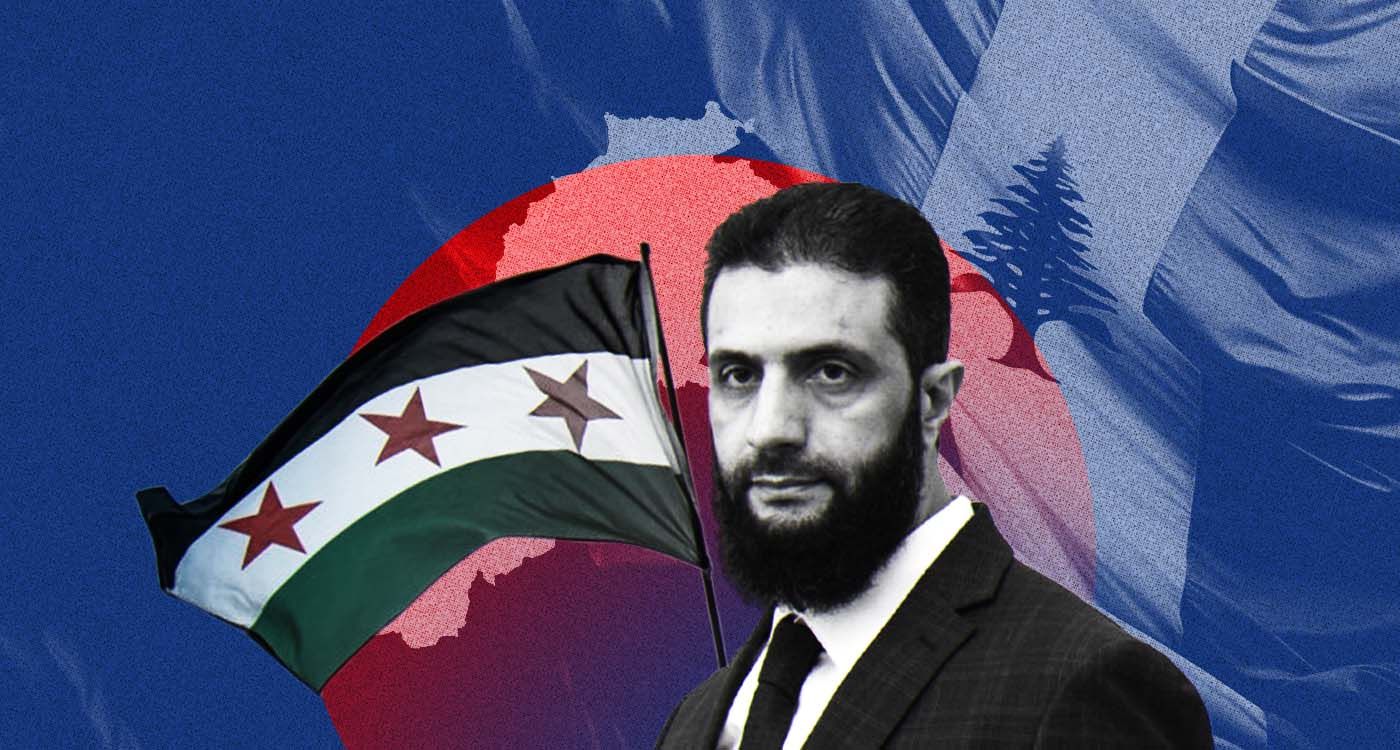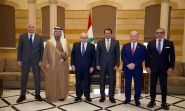
The regional landscape is far from reassuring; none of the political and military events have come to a closure, and none of the geostrategic and political issues have found a way to deliberation. The situation in Syria is under the pull and sway of strident political factionalism, clashing regional power politics and endemic instability. Lebanon is still unable to transition towards a post-Hezbollah era, define the contours of an alternative national consensus and start post-war reconstruction.
Iran is still in a state of denial, attempting to reverse the calamitous fallout of its politics of subversion and the loss of its foothold in the Near East, aside from the fact that Israel is diligently pursuing the destruction of the operational platforms throughout the geostrategic continuum extending between the Near East and Yemen. At the same time, Turkey is striving to sanctuarize its borders and eradicate the Kurdish autonomy in Syria while expanding its zones of influence and masterminding the jihadist movements.
The takeover of Syria by HTS was not only smooth but also ushered in a new stage in the life of the Islamist movements and recast their narrative away from the canonical definition of Muslim statehood based on the “Ummah” imperial scope versus the territorial statehood and its implements. Ahmad al-Sharaa stated vocally the notional and political differences between the two and defined his program of governance on their very basis. While setting a clear difference between the two sources, his political program was quite reflective of some featured paradigmatic changes.
By being emphatic on national sovereignty and its attributes, societal and political pluralism, a national convention to set the constitutional stipulations, and negotiating peace with Israel, he has broken with the conventional doxas of the Islamist movements and Arab autocracies and distanced himself from their bitter legacy and disastrous outcomes and the calamitous consequences of the historical Shiite-Sunnite enmity leveraged in contemporary conflicts. These political pronouncements are quite innovative and are going to be tested in the immediate and distant future because the realities on the ground are quite challenging. His statements are in full contrast with his previous itinerary and reflect a major intellectual and behavioral shift.
His endeavor to unite the Islamist formations and dissolve the paramilitary groups seems to work so far and impels further negotiations with non-Islamist oppositions, the Kurds, the Alawites and the Christians qua ethnopolitical groups who are searching for more compelling political evidence regarding existential security, democracy and pluralism. These issues are being questioned by the colliding power politics (Turkish, Iranian, Qatari and Saudi), the ethnopolitical irredentism (Alawite, Kurdish and Druze), and the Christian communities’ embedded insecurity. The magnitude of challenges and their expanded scope cannot be overlooked and easily dealt away with, especially in a context of pervasive insecurity and enhanced instability.
The purported national convention is entrusted with the monumental undertaking of pioneering the suitable framework for a fruitful and democratic dialogue that guides Syria to its future destination. The looming security threats are quite awkward and may put at stake the whole normalization process projected by the emerging leadership. Ahmad al-Sharaa has to validate his featured credentials, safeguard Syria’s strategic security and move on with his political objectives progressively and steadily if he is to overcome the pitfalls lying ahead.
The situation in Lebanon is still marred by the uncertainties of the unfinished war, the Shiite politics of domination, the questioning of national sovereignty, pluralism and consociational democracy, and the perpetuation of the oligarchic political foreclosures and entrenchments undermining the consensual political culture, the constitutional state and its statutory autonomy for the sake of predatory statehood highlighted by the financial crisis and the systematic plundering of public and private resources. The presidential vacancy, the rump parliament and the unraveling of constitutional governance account largely for the state of curtailed sovereignty, endemic political instability and vulnerability to regional power politics and their deleterious consequences showcased by the destructive warmongering of Hezbollah. Lebanon is direly in need of a national convention to overhaul its institutions and redefine its fundamentals, badly challenged by Shiite fascism.
Lebanon has no chance of overcoming its structural weaknesses unless the fundamentals of statehood are restored and its international stature is rehabilitated. The continuation of Shiite power politics and their attempt at outmaneuvering their military defeat and recovering their political control is inimical to any scenario of civil concord, political accommodation, systemic reformation and peace with Israel. Sadly enough, none of these requisites can be enlisted so far and instrumented in a projected new dynamic that aims at extracting Lebanon from its longstanding traps. To boot, we shouldn’t forget that Iranian, Turkish and Qatari power politics are not by any means helpful whenever it comes to nation-building, ideological de-radicalization and national reconciliation.




Comments